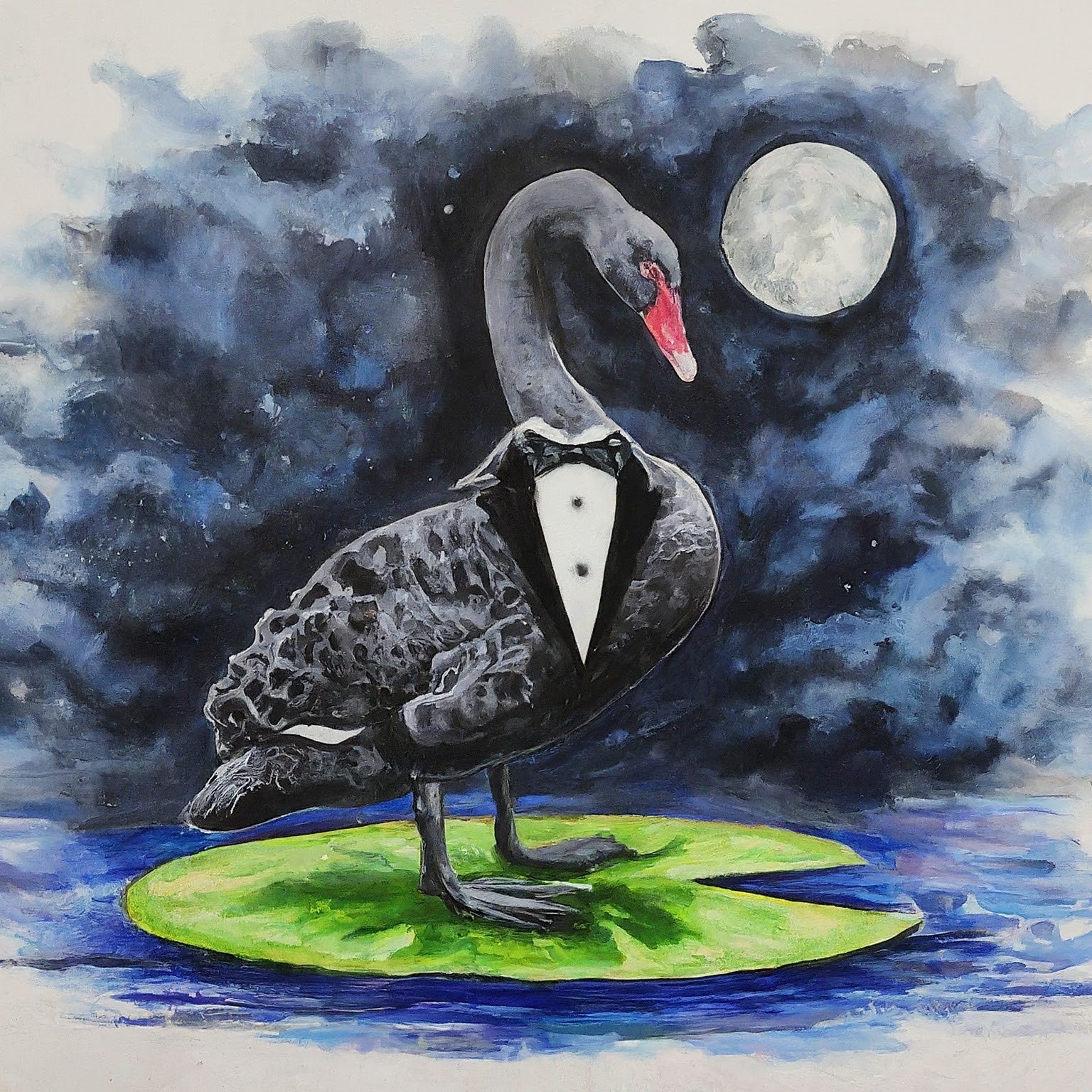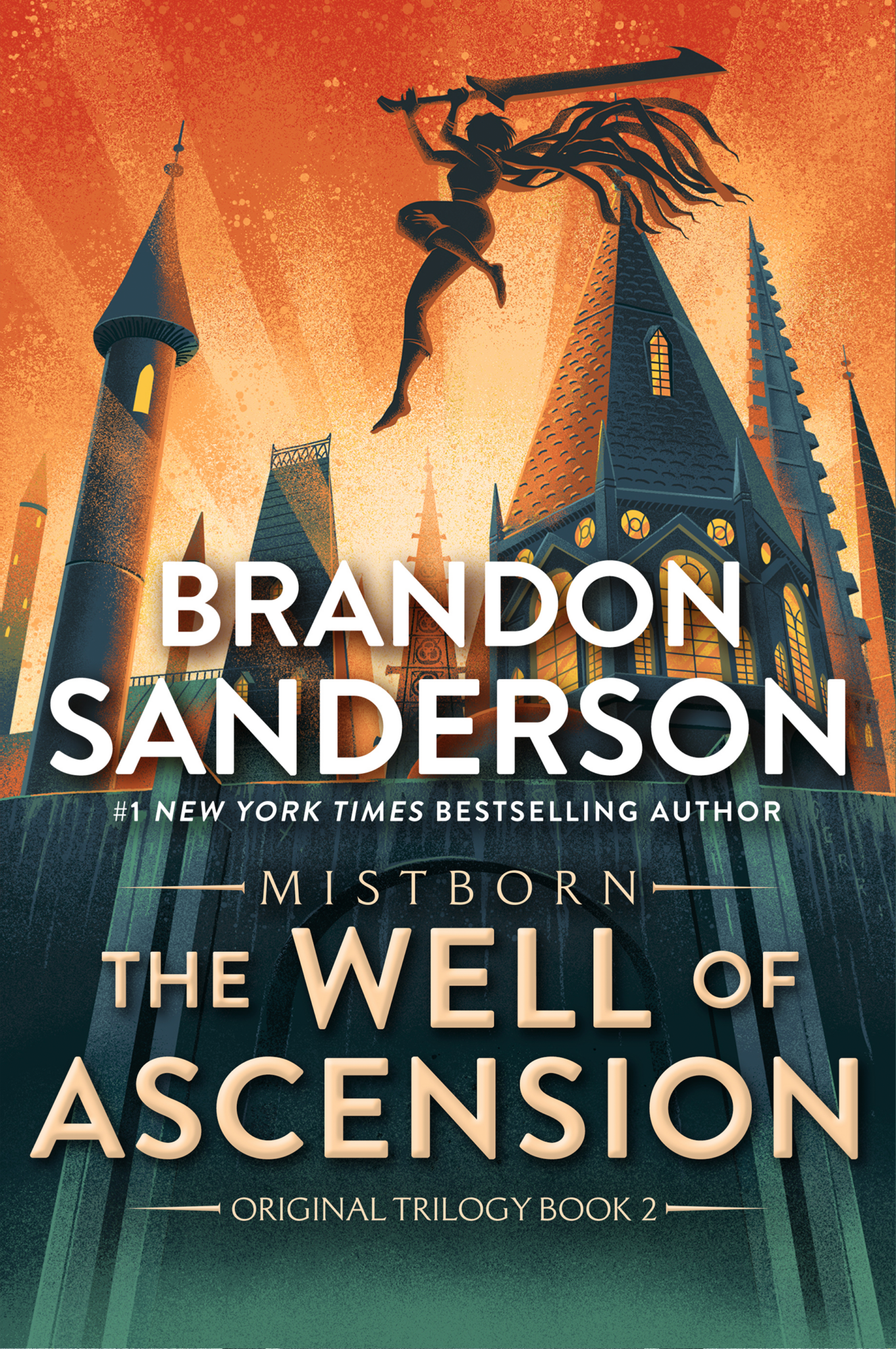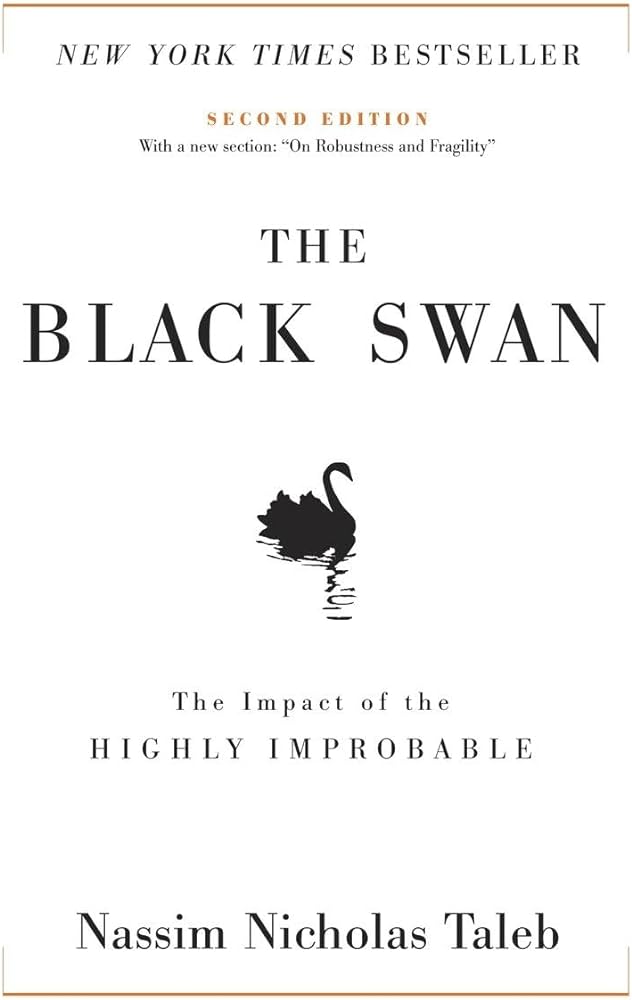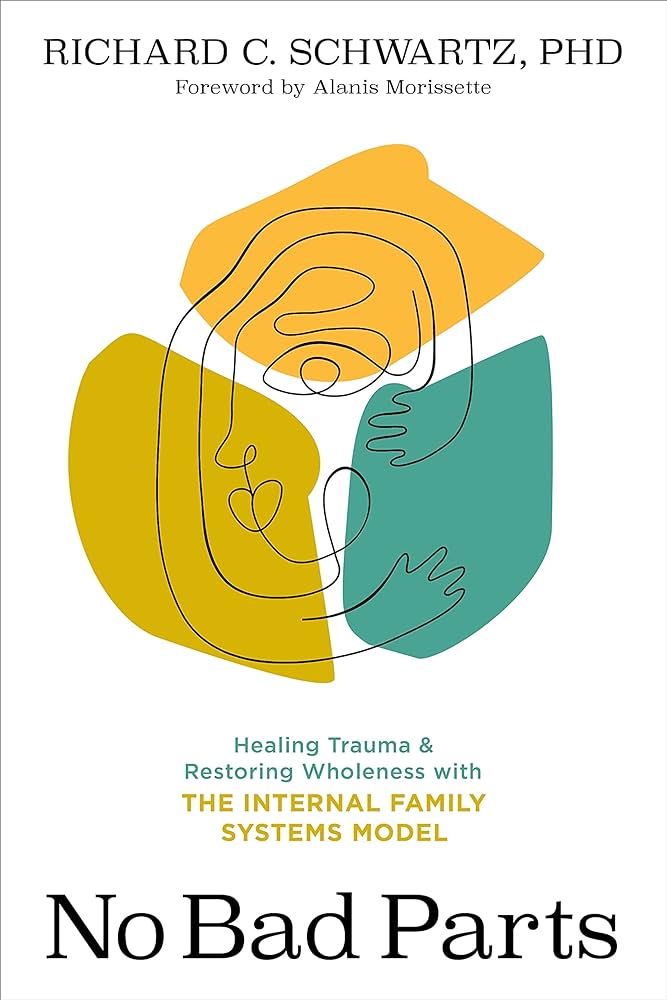Is that a (well-dressed) black swan over there?
An annotated reading of the books I finished in July 2024.

Books Read in July 2024
- The Well of Ascension
- The Black Swan
- No Bad Parts
The gates come tumbling down
A strong kick-off for the month of July, Brandon Sanderson’s second entry in the Mistborn trilogy, The Well of Ascension, simply had to make my immediate reading list after finishing his classic Mistborn entry novel. This second novel spends a great deal of time uniquely exploring what happens after the heroes have won and have a new society to (re)build. The narrative structure no longer centers solely on Vin’s experience and instead expands to capture the psychologies and philosophies of the surrounding cast of characters, even in the midst of dire straits. Overall, this entry showcases Sanderson’s ability to repeatedly enthrall a readership with expansive world building and character analysis.

How long will this streak last?
Taleb’s venerable The Black Swan has captured the attention of many astute and experienced practitioners of probability, planning, and investing. More importantly, it’s a charming yet chilling reminder of how blind we as a society are to rare (though technically probable) events. By default, we simply are not prepared for unexpected deviations from the “everyday norm”, largely as a function of our wiring for homeostatis (understandly so). However, Taleb urges his readers to make themselves personally and professionally robust against “black swan” events by (full stop) not trying to predict them in the first place!

The internal families we all house
Internal Family Systems (IFS) is a blossoming topic in pop psychology today, yet its roots are over 40 years old, thanks to pioneers such as Richard Schwartz. To round out the month of July with a dose of “internal” work, I listened to the introductory IFS audiobook No Bad Parts narrated partially by Schwartz himself. This book challenges many preconceived notions many of us have regarding “mono-mind theory” (i.e., the idea we are of one fixed personality at all times) while introducing readers to a new way of understanding oneself in light of a “family” of interacting personalities, each of different internal ages and (e.g., protective) wants and desires. Those interested in acquiring a new framework for understanding oneself and others may find this introduction to IFS helpful (and perhaps even transformative).

That’s all from me this month. Stay tuned.
Alex